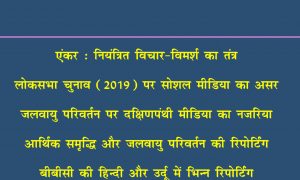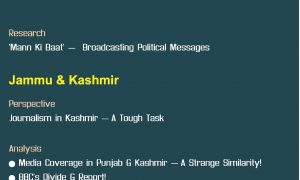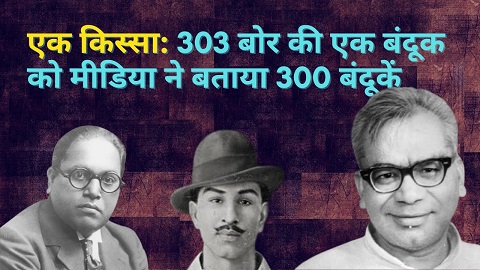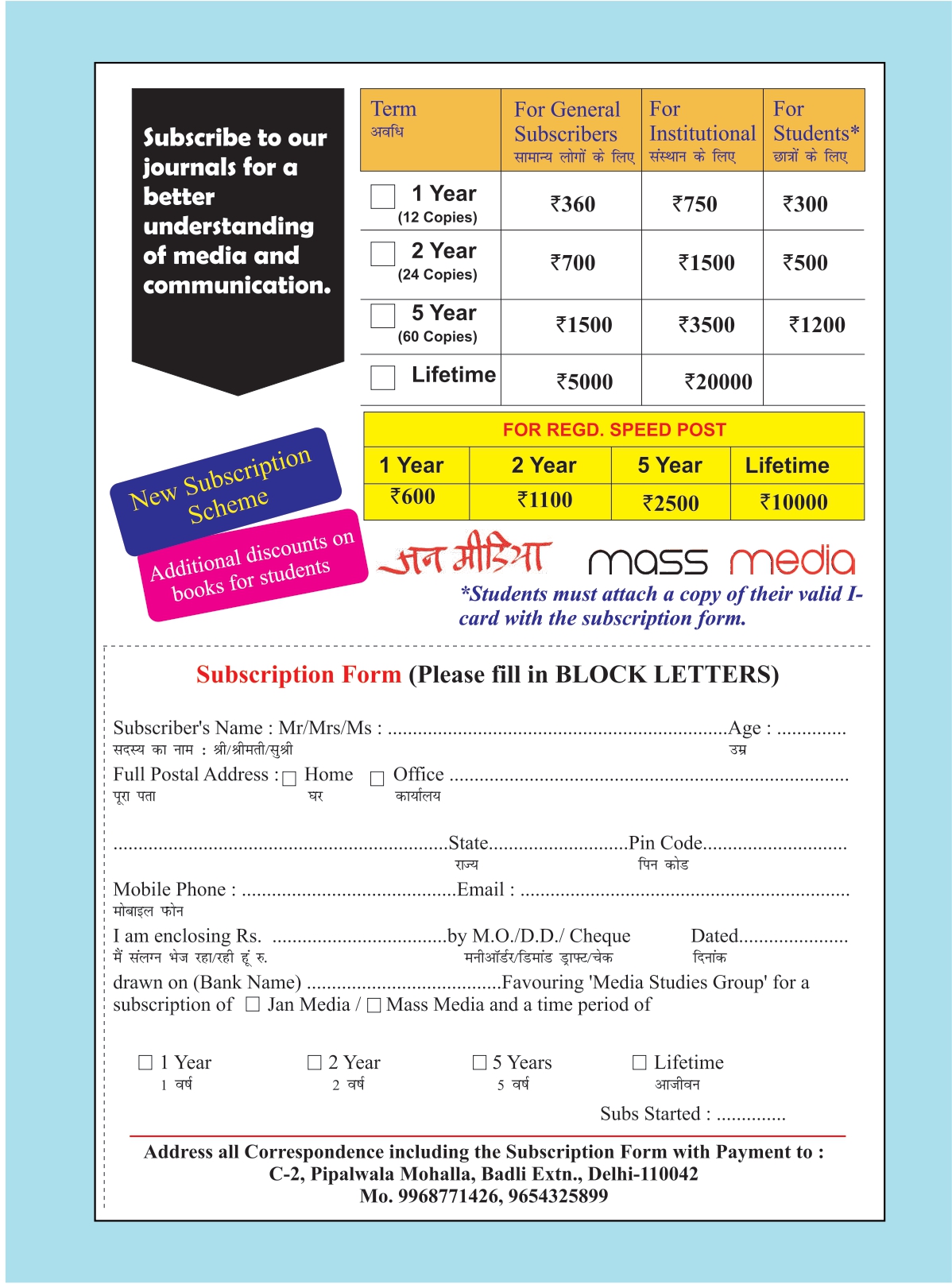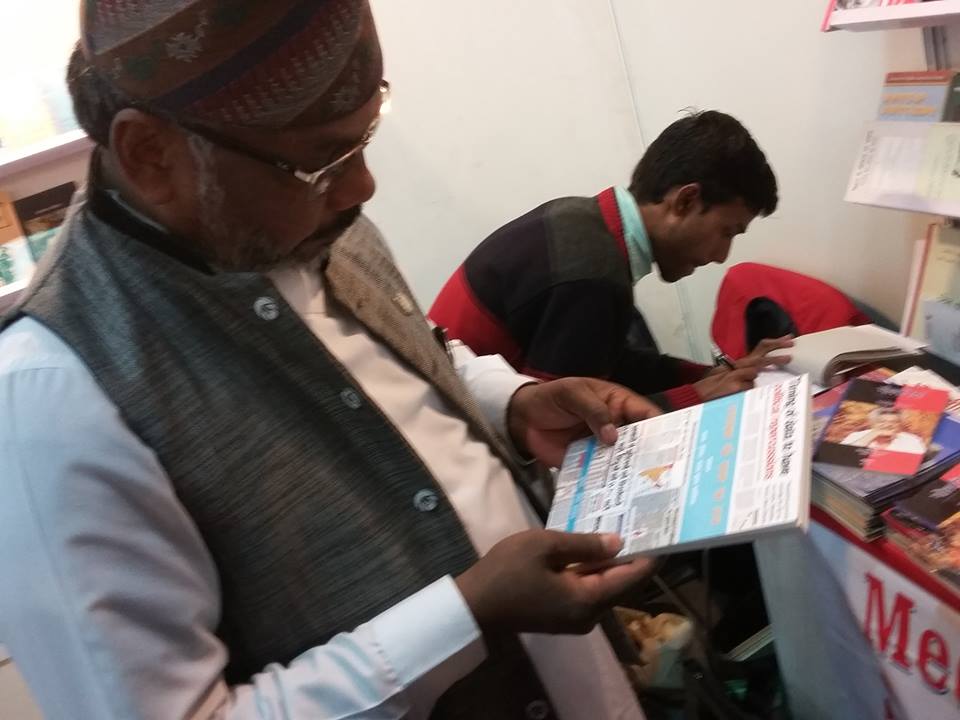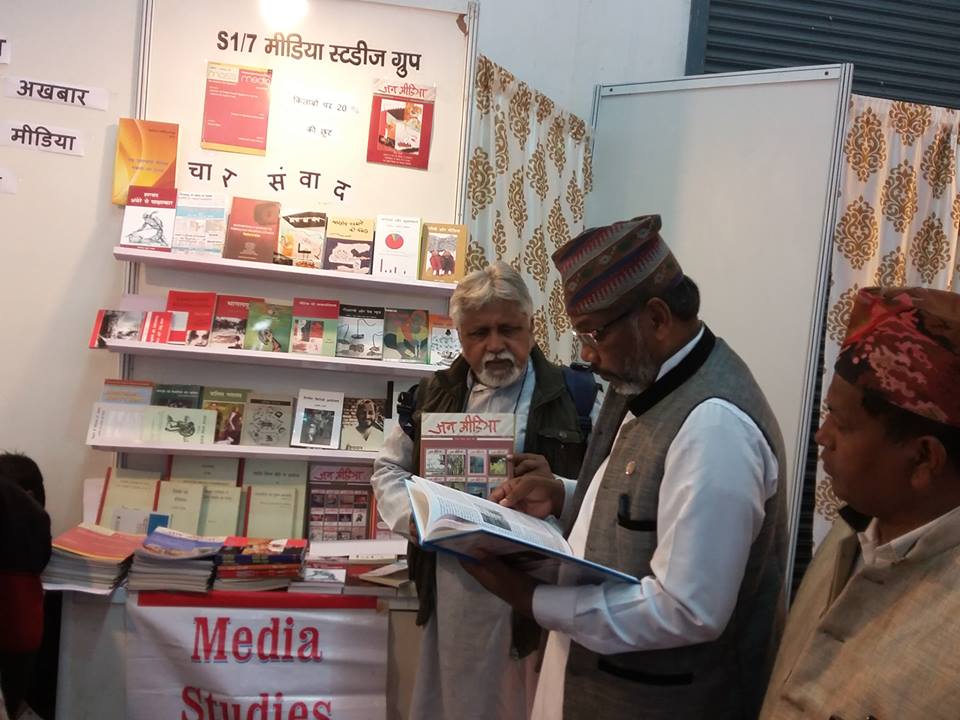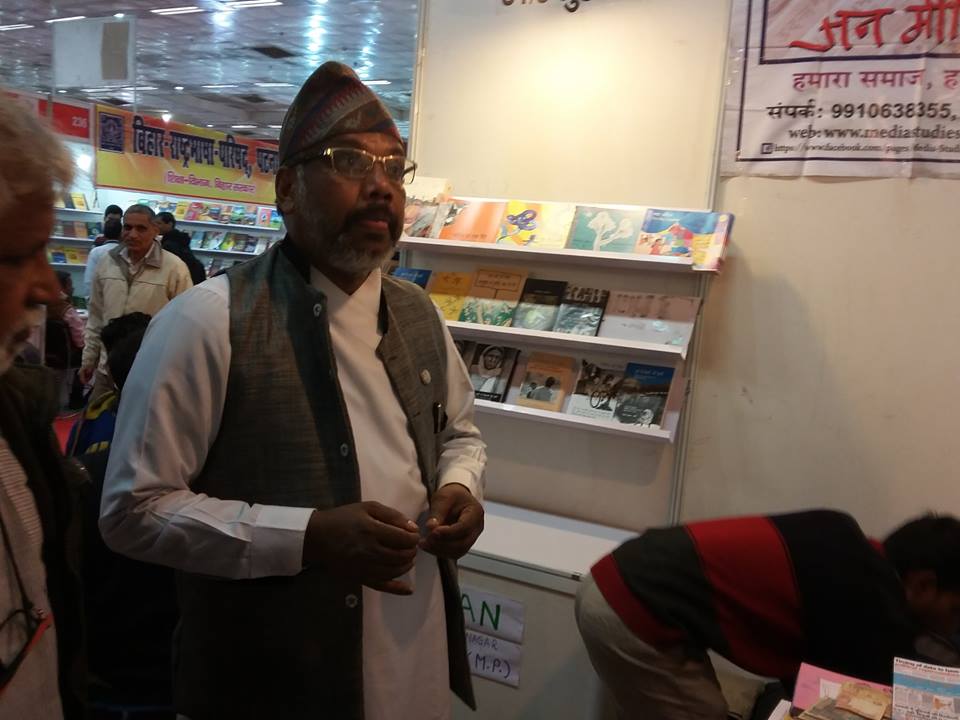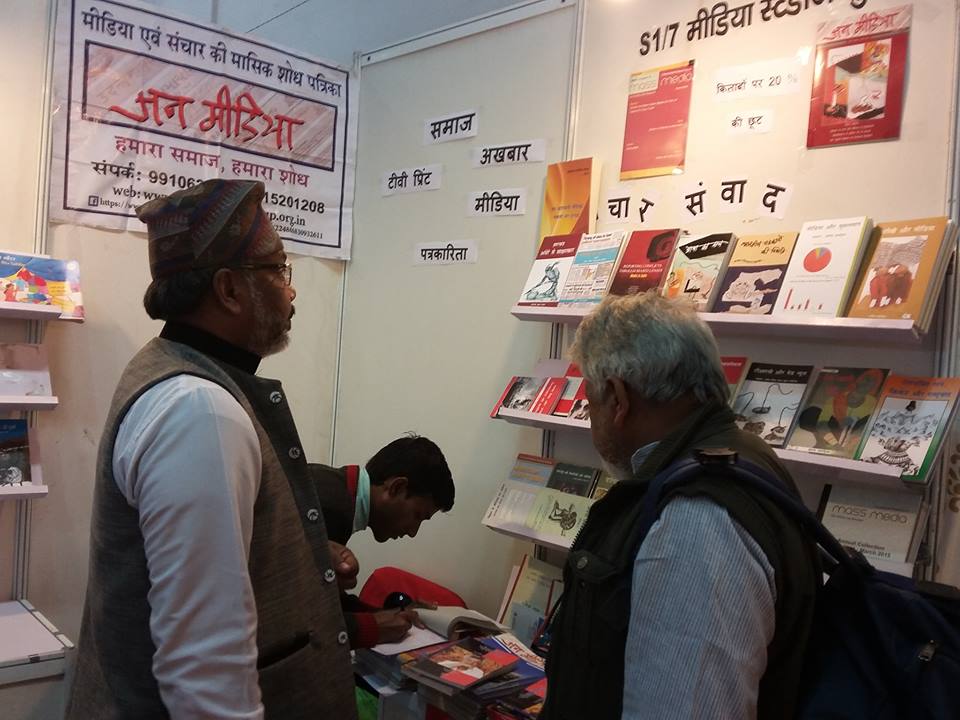BBC scored over all other media outlets covering Kashmir in the wake of unprecedented clamp down of the valley after parliament approved the revocation of Article 370 on August 5. While national media miserably failed to rise up to the occasion owing to a variety of reasons including nationalistic zeal of majority of journalists/owners of media houses, international media organisations filled the void. BBC, Aljazeera, Reuters, Associated Press, New York Times, etc. managed to find their way to report from the territory under siege.
Among them BBC emerged as the star performer. Its video of August 9 protest in Srinagar became a talking point. But the central government as well as the troll army of Hindutva forces were quick to reject the video as “fabricated and incorrect”. The British public broadcaster was ridiculed by the nationalists in the country for broadcasting “fake news”. It became a fodder for the likes of Aranb Goswami in the mainstream media who saw in it a colonial conspiracy against India. But BBC stood its ground and issued a statement refuting government and its supporters’ claim of ‘mis- representing’ the events in Kashmir.
The statement read: “The BBC stands by its journalism and we strongly refute any claims that we have misrepresented events in Kashmir. We are covering the situation impartially and accurately. Like other broadcasters we are currently operating under severe restrictions in Kashmir but we will continue to report what is happening.” Though the government continued to deny that any large-scale protests took place in Srinagar’s Soura area on August 9 and even sought from BBC and Al Jazeera the raw footage of their photos and videos, three days later the Union Home Ministry was forced to acknowledge that a protest actually took place. A spokesperson of the ministry wrote on Twitter on August 13 that “miscreants mingled with people returning home after prayers at a local mosque” in Srinagar’s Soura, leading to violence but not resulting in the firing of bullets.
But despite this commendable job, can we trust BBC? Its bold coverage of today’s Kashmir and pledge to do journalism in adverse conditions notwithstanding, the British broadcaster is not as ‘impartial’ as it claims. A comparison of its coverage of ongoing events in Kashmir by the Hindi and Urdu services of BBC bares the fact. It seems BBC has adopted two sets of editorial policy for India and Pakistan so much so that at times they are found to be at variance with one another.
BBC Hindi Service, with an eye on Indian audience, launched in 2017 a half-an-hour Television programme called Duniya. The programme is produced and broadcast from New Delhi for which BBC has rented a slot on India TV news channel. Similarly, for its Urdu viewers in Pakistan, it relays its popular radio programme Sairbeen in video version as well. The kind of reporting done on Duniya and Sairbeen are so different that at times it gives the impression of channels of India and Pakistan and not a third and neutral country.
A press conference held in Delhi on August 14 is a case in point. Noted economist Jean Dreze, activists Kavitha Krishnan, Maimoona Mollah and Vimalbhai addressed the press conference wherein they gave details of their visit to Kashmir after its special status was withdrawn by the Centre and its control was handed over to security forces. The press conference drew unusual interest among national and international media as it was the first ever narration of the situation in Kashmir by some concerned citizens who had risked their lives and reputation by touring the valley for five days. Each word said by them made news. They had also shot a documentary which the Press Club authorities did not allow to be screened.
Hindi’s Duniya mostly focused on Maimoona Mollah who narrated how she and her team members were prevented from going to hospitals where victims of alleged firing by security forces were admitted. She also informed about Press Club authorities telling them the kind of pressure they were facing because of the press conference. She said they (the activists) were informally told not to screen the documentary they had brought from Kashmir. Duniya also showed Jean Dreze telling his audience about the restrictions his team experienced in Kashmir. It confirmed the reports of Reuters, New York Times, etc., he said.
But BBC’s Hindi channel almost blacked out Kavita Krishnan, a leader of Communist Party of India (Marxist-Leninist). Owing to her candid talk and verbal attacks on Prime Minister Narendra Modi, she is one the most hated figures in the official circles. She was shown sitting along with others in the press conference but the focus shifted on others.
In contrast, Urdu’s Sairbeen focused only on the statement that Krishnan made at the press conference. “We had heard that more than 100 people have been detained in Kashmir. But on reaching Srinagar, we realised that the figure is not less than 600. Prominent people are kept at various places in Srinagar. But rest of the people we don’t know where they are being kept… may be in police stations or some homes. If you visit villages, you would know that countless number of youths are picked up. No one knows where they are taken to,” she was seen telling the press conference.
On August 6, i.e. the day when Lok Sabha debated the Bill for removal of special status of Kashmir after Rajya Sabha cleared it a day earlier, Sairbeen ran an interview with Delhi-based advocate Prashant Bhushan, again a known critic of the BJP-led government. He termed the abrogation of Article 370 as “unconstitutional”. He said without the consent of J&K assembly, which is currently suspended, neither the Parliament nor the President of India had the authority to bifurcate the state and turn it into union territories. He said the move can be challenged in the Supreme Court. Duniya did not run this interview nor sought opinion of any other legal expert.
On 15th August, when India celebrated its Independence Day and Prime Minister Modi made customary speech from the ramparts of Red Fort, Sairbeen featured two Indian commentators whom the anchor interviewed on the speech’s Kashmir part. Modi had claimed in his speech that he fulfilled his poll promise on Kashmir and that the decision was taken for the welfare of Kashmiris. Film- maker Sanjay Kak and journalist Renu Agal were critical of the handling of Kashmir. They opposed media blackout and criticised hyper- nationalism of a major section of mainstream media which was toeing the government line on Kashmir. They both agreed that the government was in total control of information sources and even talked of implications of not consulting with Kashmiris before abrogating Article 370.
The same programme also showed visuals of a protest outside the Indian High Commission in London. The two Indian commentators featured throughout the 22-minute Sairbeen that day. Hindi’s Duniya did not run such analysis of PM’s speech. The London protest, too, failed to get a space in Hindi. Pakistan Prime Minister Imran Khan’s completion of one year in office was the subject of story on Duniya on 23 August. Watching the story it was difficult to decide whether it was on a British channel or any of the Indian channels. It is hard to find a story critical of Pakistani PM in Urdu.
So, anti-India protest is covered on Urdu service and Imran Khan is critically examined on Hindi. Similarly, statements of world leaders or agencies on Pakistan’s handling of alleged terrorism would get elaborate coverage on Hindi. One is tempted to conclude that the old colonial policy of ‘divide and rule’ has been reset as ‘divide and report’ when it comes to dealing with the sub-continent.
Shaheen Nazar is currently as- sociated with jamia Millia’s MCRC. Previously, he has worked in Times of India, Arab News and some other dailies.


